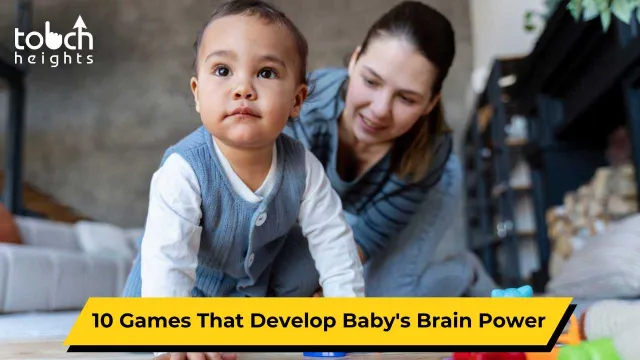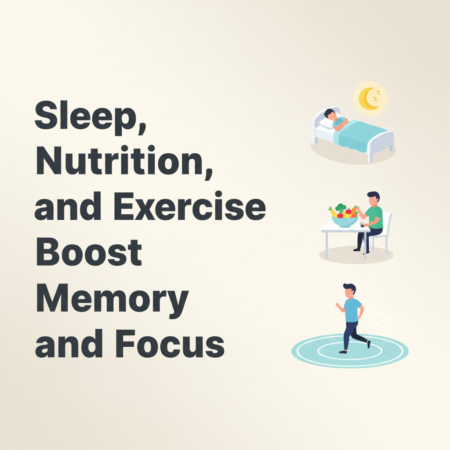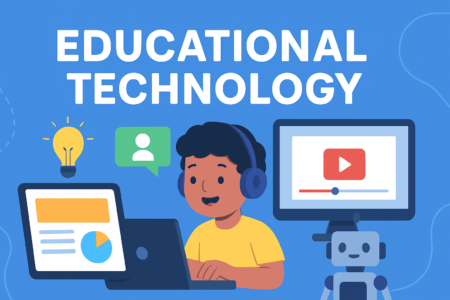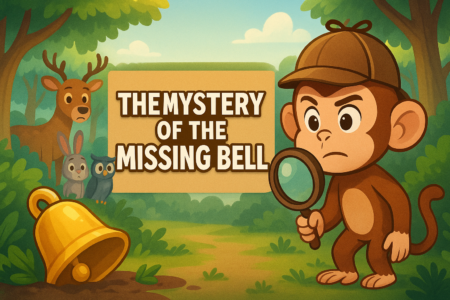For infants, learning new things is simple. Simple, commonplace games can help your baby’s brain develop, supporting the formation of language, science, math, and organizational abilities (known as executive functions), as well as social and emotional learning, according to researchers and child development specialists.
They regularly conduct experiments that are passed off as games. Every time a baby drops its spoon over the high chair, they are learning about its world and how it works.
How to assist your young scientist is as follows: Play brain-boosting activities with children from birth to age one.
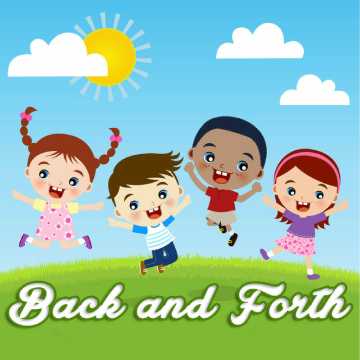
Back and forth
Loveful caretaker interactions, such as responding to babies’ coos and cries, gazing into their eyes, and making amusing expressions, are essential for cognitive development in general. During a high-quality interaction, you want to see a parent and child engaging in a real back-and-forth discourse. Lytle asserts that when a baby babbles, the parent responds as though they are having a conversation.
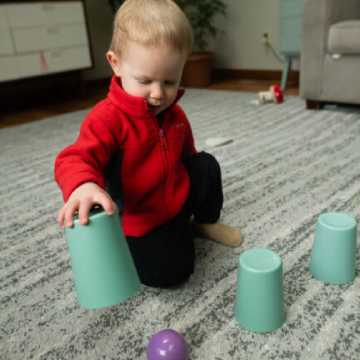
Where’s the cup?
Between the ages of 4 and 7 months, babies begin to develop object permanence or the idea that something still exists even when it is not visible. With simple exercises like slipping a cup just out of sight and asking, “Where’s the cup?” your baby can clear this memory goal.
Baby gym
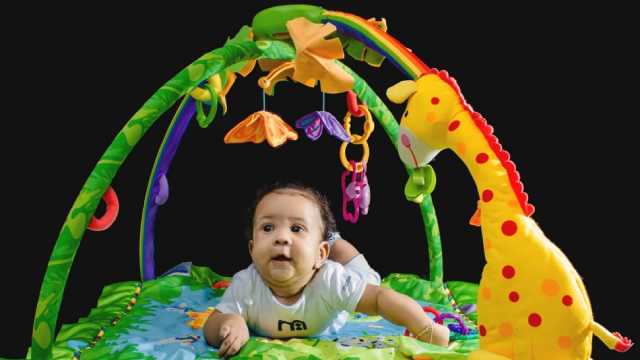
Your infant is not needed to attend a spin class. However, activity can aid brain development, such as tummy time, crawling, scooting, practicing walking, or parent-child swimming. Canadian researchers found that children who exercise regularly from birth to age five improve cognitively, especially in terms of executive functions and language skills.
Why, thank you!
When your baby gives you a toy and expects your reaction, according to Lytle, they are initiating a game that develops social and emotional intelligence. It’s wonderful to participate by saying “Thank you so much!” and returning the item once the beat has ended. As long as your child is paying attention, keep chatting.
Bust a move
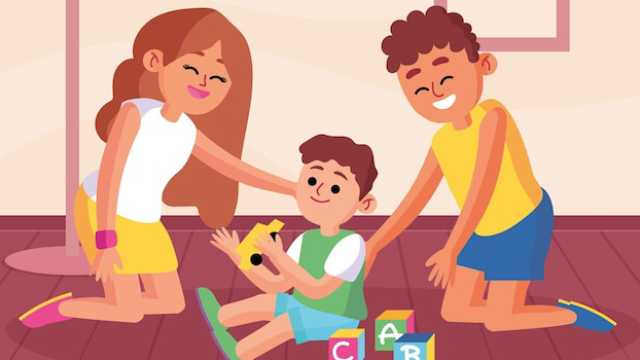
According to Lytle, exposing young children to music helps them develop a sense of rhythm, which enhances their ability to learn math. Encourage this learning as early as the newborn stage by holding your child as you dance for 5 to 10 minutes to the beat of recognized songs. (of course).

Rhyme time
Reading rhymed tales to your children, such as “The Cat in the Hat,” is said to aid in the development of phonological awareness, a skill necessary for language and literacy, according to Lytle. Books are a good tool for this because parents typically do not speak in rhymes. And we frequently go into linguistic ruts, using the same words and expressions. Babies are introduced to rhymes and words in books that you wouldn’t often use.
Face it
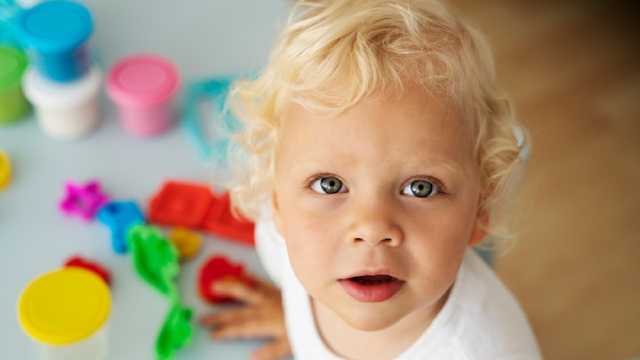
It seems that seeing faces enhances cognitive and visual growth in newborns. Soon after birth, babies begin to enjoy staring at faces. According to Stanford University research, at the age of four months, a newborn’s face recognition abilities are equivalent to those of an adult and more developed than other cognitive abilities. Babies may practice this crucial skill by participating in a simple game where you place your face 10–12 inches from their face, then switch to another person or even a stuffed animal, and wait for your baby to respond.
Building skills
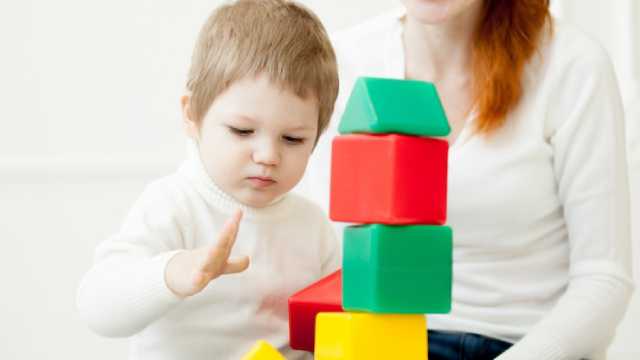
The shape-sorting toy you might have received at your baby shower, according to Lytle, is wonderful for fostering spatial awareness and mathematics skills. When neonates become a little older, building blocks can inspire them to keep growing. She claims that via block play, babies may acquire more sophisticated mathematical ideas like volume, distance, and how constructions are put together.

Baby comedian
Parents occasionally believe that in order for their children to develop language abilities, parents must “fill their baby’s bucket” with a lot of words. However, a conversational back-and-forth promotes cognitive development. Try yelling, giggling excitedly, or assuming a stunned expression in response to your baby’s first words and coos. The more funny the reaction, the more likely the newborn will find it entertaining and prolong the relationship.
I get it
Playing with your child can help them understand and process their emotions, which may promote social and emotional development, according to Lytle. When parents say, “I understand why that made you upset,” they are scaffolding [or supporting] an important social and emotional concept.
Conclusion:
According to Lytle, interactions involving attentive, considerate providers are best for brain development. Caregivers may enhance the experience by putting away their phones and other distractions when playing with their children. To create a high-quality relationship with your child, it’s essential to be present and offer them your whole attention.

